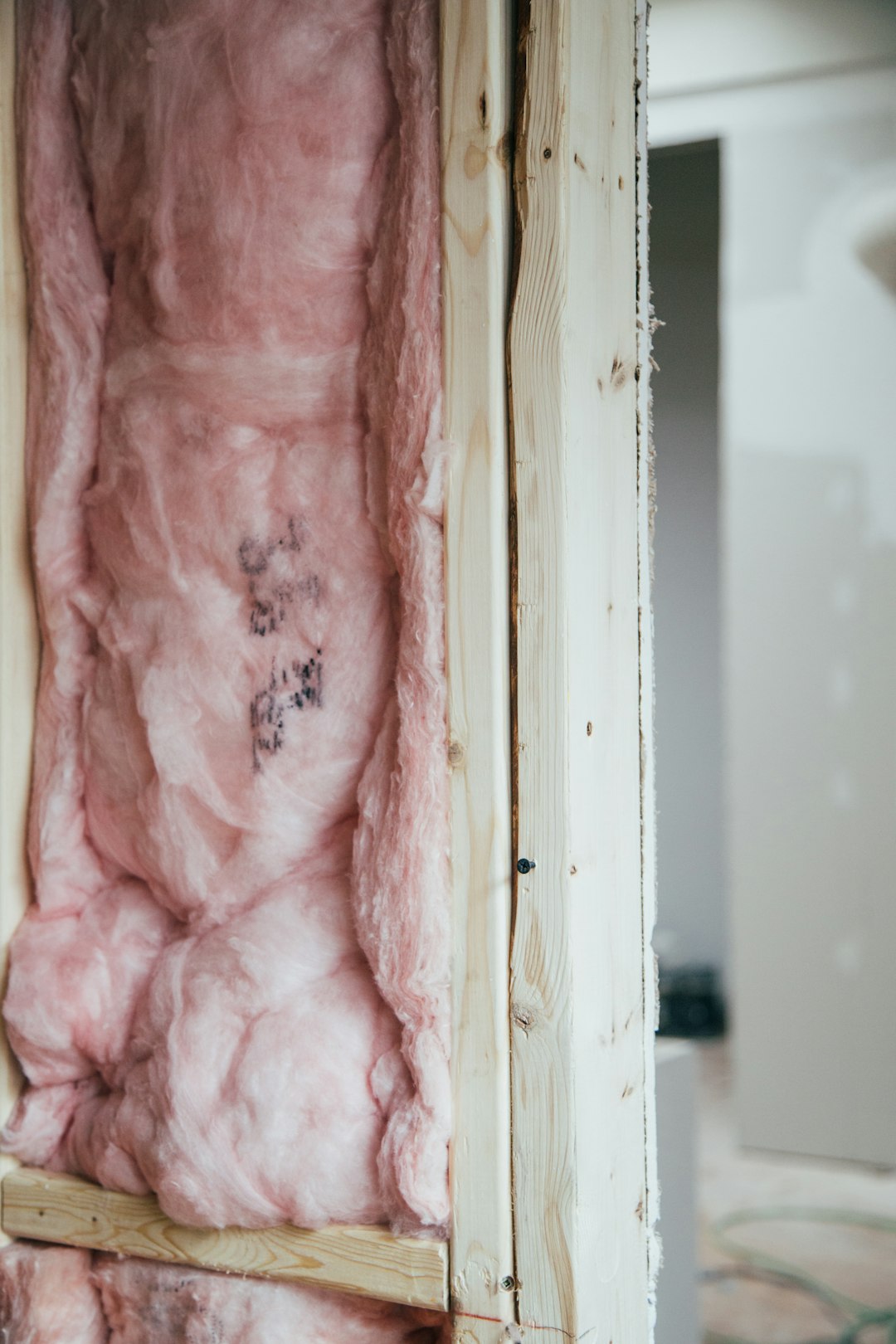Building Insulator Kaitauārai Whare
Building insulators install or apply special material to buildings or equipment to prevent or reduce heat, cold, air, sound or moisture loss.
Building insulators may do some or all of the following:
- advise clients on what insulation to use
- erect scaffolding, trestles or ladders
- install heat, sound or fireproofing insulation in ceilings and walls, and under floors
- put draught sealant around doors and windows
- install insulation around hot water cylinders
- use equipment to inject loose fill or foam insulation
- insulate vehicles and boats.
Physical Requirements
Building insulators need to be fit, healthy and strong as the work involves climbing and lifting. They also need to be able to work in confined spaces and at heights.
Useful Experience
Useful experience for building insulators includes:
- building industry work such as carpentry
- general construction or building labouring work.
Personal Qualities
Building insulators need to be:
- reliable
- able to use their initiative and display good judgement
- able to work well with others
- good at problem solving
- accurate and able to do basic maths.
Skills
Building insulators need to have:
- knowledge of insulation materials and methods
- the ability to read building plans.
Building insulators who are self-employed also need business skills.
Conditions
Building insulators:
- usually work regular office hours, but may have to work overtime, including evenings and weekends
- work in buildings, including homes, factories, hospitals, offices and on construction sites
- sometimes work in small enclosed areas such as ceiling spaces, under floors or in engine rooms and freezers, which may be noisy, hot, cold, dirty, dusty, and/or hazardous
- travel to work sites.
Subject Recommendations
No specific secondary education is required for this job, but construction and mechanical technologies, and maths to at least NCEA Level 2 are useful.
Year 11 and 12 learners can find out more about the construction industry, and gain relevant skills, by doing a National Certificate in Building, Construction and Allied Trades (Level 1 and 2) through the BConstructive programme.
For Year 11 to 13 learners, trades academies and the STAR and Gateway programmes are good ways to gain relevant experience and skills.
Related Subjects
Building Insulators can earn around $23-$24 per hour.
Pay for building insulators varies depending on experience, employer and region.
- Building insulators in training can expect to earn between minimum wage and $24 an hour.
- Experienced building insulators usually earn between $23 and $30 an hour.
- Experienced building insulators with additional responsibilities can earn more than this.
Some building insulators are paid according to the amount of work they complete. They may earn:
- a standard salary and a bonus for each square metre of insulation they install
- a rate based on the amount of work they complete.
Those running their own business may earn more than this, but their income depends on the success of the business.
Source: careers.govt.nz research, 2019.
Building insulators may progress to set up their own insulation business, or move into management, training, quality assurance or sales roles.
Building insulators may specialise in installing products such as fibreglass or foam insulation.
Years Of Training
<1 year of training usually required.There are no specific requirements to become a building insulator as you gain skills on the job.
However, most employers prefer you to:
- have a driver's licence
- pass a drug test
- agree to a pre-employment police check.
Bigger companies usually run their own internal training programmes. The Insulation Association of New Zealand (IAONZ) runs a training programme for building insulators involving on-the-job training and theory.

 John Paul II High School
John Paul II High School